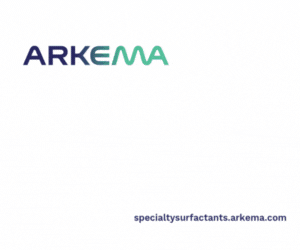Safety in highway construction work zones is a paramount concern to the motoring public, highway departments, and the hot mix asphalt (HMA) construction industry. The Federal Highway Administration estimates that there are three work-zone fatalities and 160 work-zone injuries each and every day in the United States. The Washington State Department of Transportation (WSDOT) has implemented two specific initiatives to build its highways more safely.
Safer Pavement Joint Transitions
To minimize accidents due to pavement drop-offs in construction zones, the WSDOT North-Central region utilizes a “notched wedge” joint construction technique that provides a wedge transition for traffic crossing the joint. Abrupt pavement drop-offs of two inches or more are considered a danger, because drivers who have inadvertently crossed the drop-off may over-steer and lose control of the vehicle in an attempt to re-enter the proper lane. Construction crews in the region have stepped up to the challenge of constructing a durable notched wedge joint by adapting pavers with small roller wheels that aide in the compaction of the joint.
Protecting the Inspector
A second WSDOT initiative in the region is to minimize the exposure of WSDOT inspectors to traffic on the pavement. This concern caused WSDOT to re-think the way that its inspectors document receipt of HMA on a project. Rather than having the “ticket taker” out on the grade near the moving traffic, WSDOT inspectors document truck identification and time of delivery from a safe distance and collect HMA delivery tickets at the end of the day. On a recent project on State Route 28 west of the town of Quincy, the WSDOT inspector demonstrated another application of the new policy by riding along in the relative safety of the extra seat on the contractor’s material transfer vehicle.
WSDOT’s North Central Region demonstrates that it can adapt and change its ways to build safer highways for motorists and construction workers, alike.
John Duval is a former Regional Engineer for the Asphalt Institute. Duval now works for SemMaterials.














